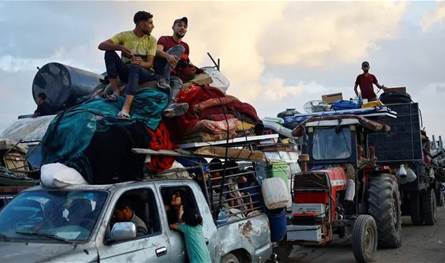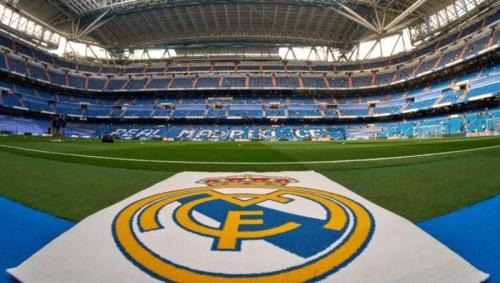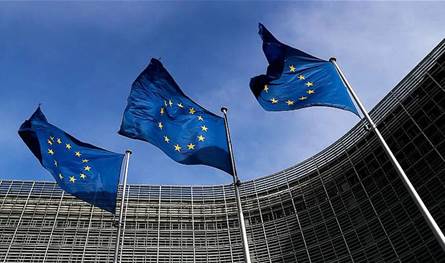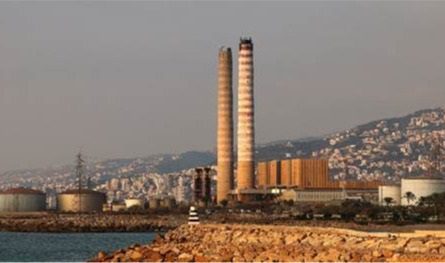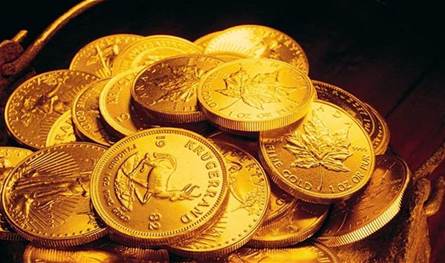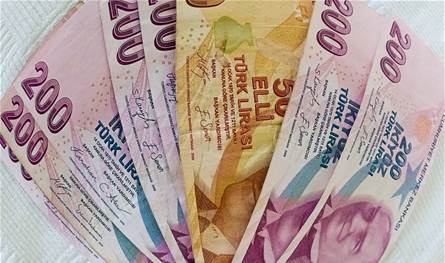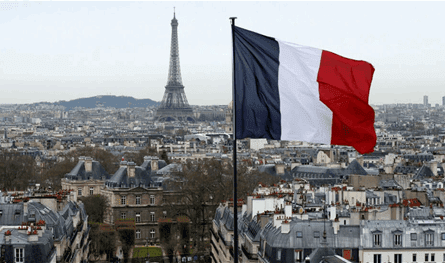Hizbulb: Weapon: Weapon is the condition of political survival
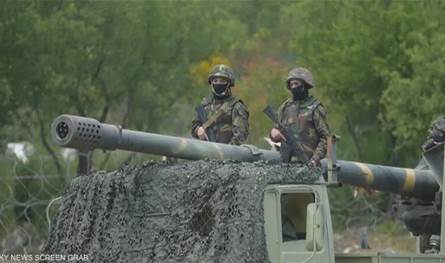
Ziad Sami Itani wrote in “Major General”: In a move that sparked widespread controversy inside and outside Lebanon, the Lebanese government briefed at the beginning of this month the army’s plan to restrict weapons in the hands of the state, with a special focus on Hizbullah weapon. This plan comes within the framework of the American pressure known as the “Barak Park”, which connects international aid to Lebanon to implement tangible steps towards disarmament of the party before the end of the year. However, Hezbollah affirmed its clear position that the weapon is part of the strategy of political survival and security protection, and will not be delivered under any external pressure. To understand this situation, it is necessary to analyze the reasons that make the party stick to its weapon:
1. Hezbollah considers that its weapon is not just a military tool, but rather a pillar of its political existence. From the party’s point of view, disarmament means weakening its ability to influence internal decisions and protect its political interests. The public statements of its leadership confirm that the party sees in the weapon a “first line of defense for its political gains”, not just a combat tool.
2. The party stresses that the weapon is necessary to confront any external threat, especially the Israeli, considering that any concession of its arsenal will put Lebanon in a position of weakness in front of any possible number.
3. Hizbullah is known to receive military, political and financial support from Iran, and its weapon is considered a pressure tool for regional and international powers. Therefore, any step to weaken it may be explained as targeting Iran’s role in the region.
4. Since its inception in the eighties of the last century, Hezbollah has formed itself as an organization. Weapon, according to the party, is not only a military confrontation, but a symbol of political influence and regional representation.
5. The presence of weapons allows the party to preserve its influence inside Lebanon, and ensure a balance with other political forces, including the army and the state. Any removal of weapons without a comprehensive agreement will place the party in an internal weakness.
6. The Speaker of Parliament, Nabih Berri, called for addressing the issue of weapons within a comprehensive Lebanese dialogue, away from external pressure, which reflects that the party does not face conclusive internal opposition, but finds allies within the government who prefer to negotiate in stages.
7. Arab countries are distributed between supporting the steps of the Lebanese state and avoiding collision with the party. Saudi Arabia and other Gulf countries support the inventory of weapons, while Qatar, Egypt and Jordan prefer dialogue and reduce congestion. At the international level, the United States connects aid to disarmament, Israel considers it an existential threat, and Iran supports it to enhance its influence. This international overlap enhances the position of the party that rejects the waiver, because it sees any mono step as a direct threat to its interests and the Lebanese security from its point of view.
• Hizbullah adhered to its weapon may lead to:
– Possible tension with the army if the state tries to impose the plan by force.
The continuation of the internal political division between the supporters and the opposition.
Economic pressure, due to the linking of international support to the disarmament file.
– Reflections on Lebanon’s social and security stability in the event of escalating political conflict.
The post Hizbulb: Weapon: Weapon is the condition of political survival appeared first on 961 tobay Lebanon today.




